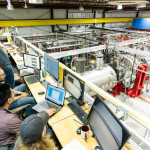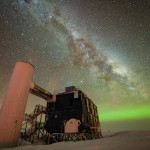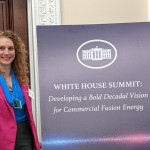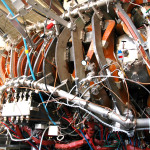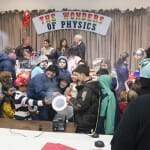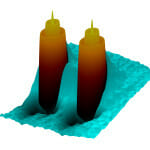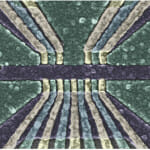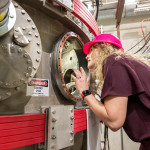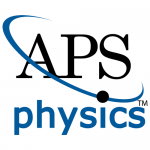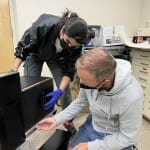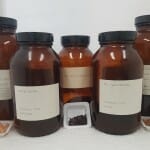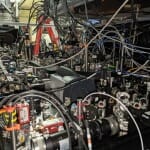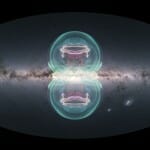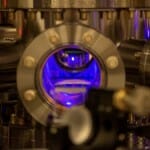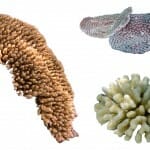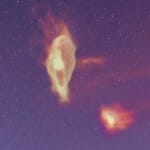Tag Physics
First plasma marks major milestone in UW–Madison fusion energy research
The fusion energy device known as WHAM transitioned to operations mode this week, marking a major milestone for the yearslong research project that’s received support from the U.S. Department of Energy. Read More
UW–Madison physicist Francis Halzen elected to National Academy of Sciences
Halzen directs the UW–Madison Institute for Elementary Particle Physics Research and is the principal investigator of the IceCube Neutrino Observatory. Read More
Federal physics advisory panel recommends funding next generation IceCube observatory, other major experiments
A group of scientists tasked with advising the federal government's investments in particle physics research is recommending that the United States fund a planned expansion of the IceCube Neutrino Observatory, an international scientific collaboration operated by the University of Wisconsin–Madison at the South Pole. Read More
UW–Madison part of effort to advance fusion energy with machine learning
The new collaboration is built on open-science principles and will use machine learning to advance our knowledge of promising sources of magnetic fusion energy. Read More
Federal grants to 2 Wisconsin startups highlight UW’s leading role in fusion energy
The two companies' Wisconsin roots and national recognition are the result of decades of fusion investment and innovation at UW–Madison. Read More
Physics show: Fiery methane bubbles and vortex cannons wow crowd
The Wonders of Physics show in Chamberlin Hall on Feb. 18 kept the audience riveted with scientific experiments that demonstrated physics principles with panache Read More
Smooth sailing for electrons in graphene
Physicists at the University of Wisconsin–Madison directly measured, for the first time at nanometer resolution, the fluid-like flow of electrons in graphene. Read More
Finding some wiggle room in semiconductor quantum computers
A new housing for quantum semiconductors upends conventional wisdom, achieving more perfect computations thanks to its less-than-perfect design. Read More
UW–Madison has long been a leader in fusion research and education
Over more than a half-century, the University of Wisconsin–Madison has become a national leader in the field, with dozens of researchers working on multiple large-scale projects across three departments and two colleges. Read More
American Physical Society names four UW faculty fellows
Four University of Wisconsin–Madison professors have been elected fellows of the American Physical Society, recognizing advances in physics through original research and publication, significant and innovative applications of physics, and leadership, service and contributions to the teaching of physics. Read More
X(ray) marks the spot in elemental analysis of 15th century printing press methods
Two UW–Madison researchers are part of a large, interdisciplinary team that is analyzing historical texts, including pages from a Gutenberg bible and Confucian texts, with a technique that could offer insights into early printing methods. Read More
Researchers aim X-rays at century-old plant secretions for insight into Aboriginal Australian cultural heritage
For tens of thousands of years, Aboriginal Australians have created some of the world’s most striking artworks. Today their work continues long lines of ancestral… Read More
UW–Madison, industry partners run quantum algorithm on neutral atom quantum computer for the first time
The achievement suggests quantum computers that outcompete traditional ones are on the horizon, with potential uses in logistics, drug discovery and computational modeling. Read More
Ultraprecise atomic clock poised for new physics discoveries
The clock's design allows the team to test ways to search for gravitational waves, attempt to detect dark matter, and discover new physics with clocks. Read More
Four UW–Madison researchers awarded prestigious Sloan Fellowships
Each fellow receives $75,000 in research funding from the foundation, which awards Sloan Research Fellowships in eight scientific and technical fields to promising researchers in the early stages of their careers. Read More
Coral skeleton formation rate determines resilience to acidifying oceans
A new UW–Madison study has implications for predicting coral reef survival and developing mitigation strategies against having their bony skeletons weakened by ocean acidification. Read More
Video: From weather to wonder
The Wonders of Physics traveling show is back in action at schools and public events. It is now presented by UW–Madison outreach specialist Haddie McLean, a former TV meteorologist. In this video, she visits Pecatonica Elementary School. Read More

